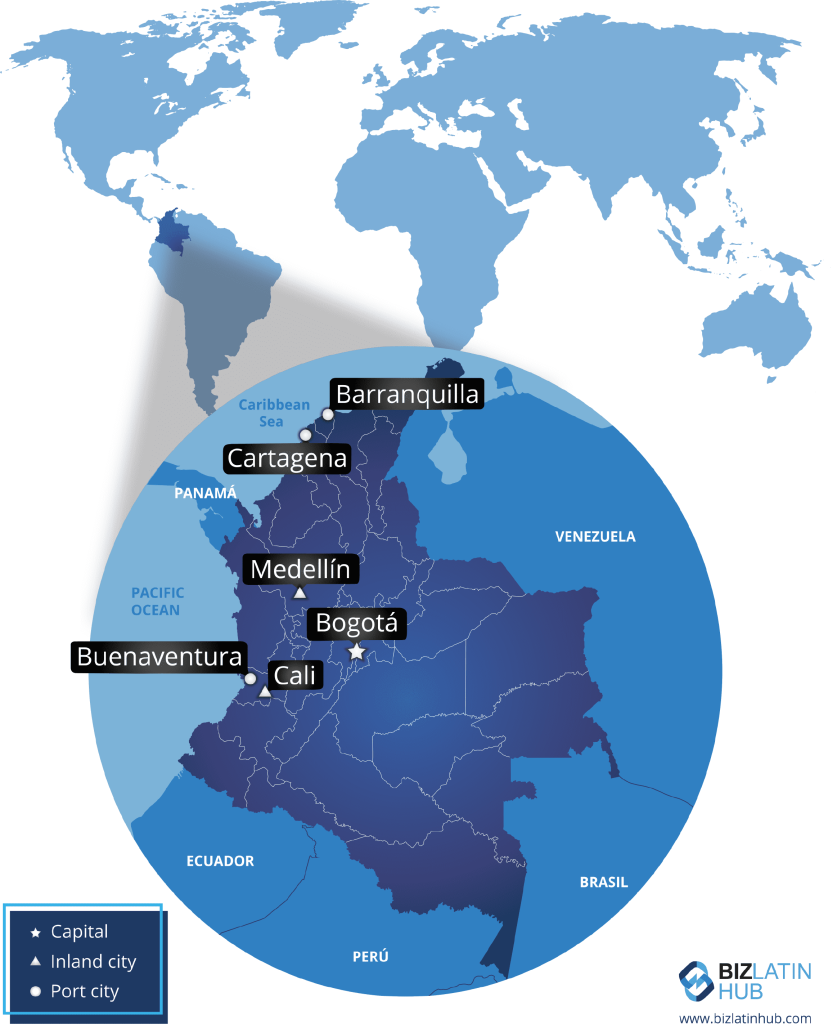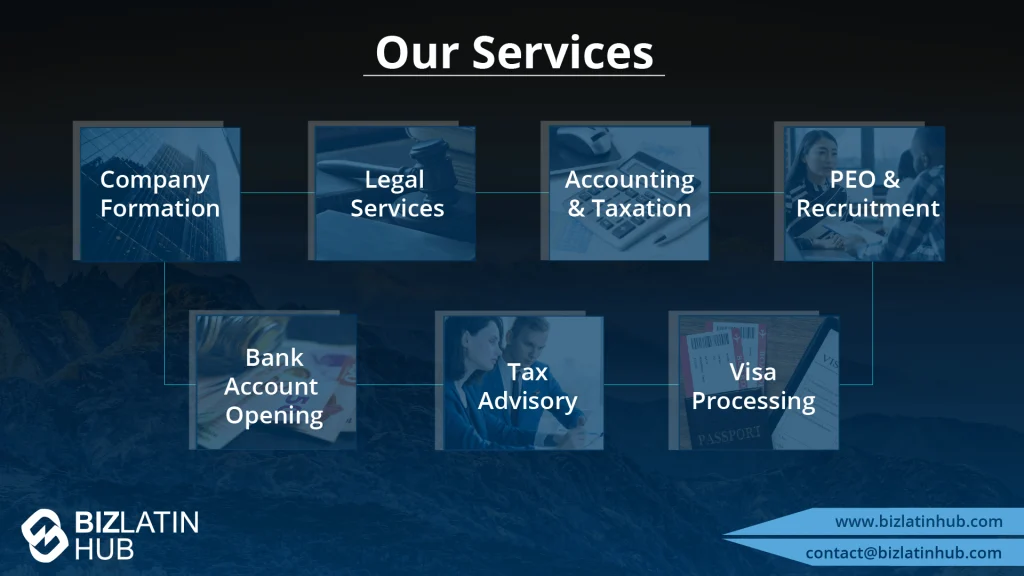Whilst countries such as Colombia have not always been considered a key export market to Australia, Australian-Latin America relations have been on the up for a number of years thanks to a shift in commercial interest, with savvy businesses looking to take advantage of large and unexploited markets that have yet to be cracked by multinational firms and global giants.
One of those unexploited markets in Colombia, which is home to the third largest economy in South America and is the second most biodiverse country on the planet. Foreign Direct Investment within Colombia is on the up, with new funds from European businesses who want to capture the territory’s textiles, oils, manufacturing, mining and agricultural markets.
Colombia is home to the 55th largest export economy in the world, having exported more than US$32 billion and imported more than US$43 billion in 2016, with crude petroleum, coal, coffee and gold four of the country’s most popular exports. Its imports, on the other hand, are made up of cars, refined petroleum, packaged medicaments, computers, broadcasting equipment, and tires.
Colombia’s growing economy and swelling middle class make it the perfect destination for importing goods and services. Today, Biz Latin Hub offers a guide to exporting your products from Australia to Colombia.
Exporting Australia-Colombia: Understand Export Controls
Under the Export Control Act 1982, Australia’s Department of Agriculture and Water Resources is responsible for controlling the export of agricultural goods to other countries around the world to ensure that its products meet import requirements in new territories. The exporting of dairy, egg products, fish products, fruit, vegetables, grains, seeds, hay, straw, live animals, meat products, organic produce, and plant products will be controlled by the Australian government, and require minimum quality standards and set controls before export rights are granted.
It’s important to note that exporting goods from Australia involves a lot of paperwork, so it makes sense to get started as soon as you can or hire professional assistance from an organization that specializes exporting from Australia into Latin American markets to save time. After all, if it takes three months to receive approval to have your goods exported to a country like Colombia, then a competitor may get there ahead of you and dominate the market, so it pays to act fast.
Registering your business
Under the Export Control (Prescribed Goods—General) Order 2005, all businesses that want to export their goods from Australia to other territories must be registered to do so. You should start by filling out an EX26 Export registration form, which covers the following:
- Slaughtering animals in Australia
- Capturing or taking fish from Australian waters
- Handling or loading goods onto boats, containers, on freight or in vehicles
- Treatment of goods
- Processing, packing or storing goods
- Quarantine or isolation of livestock
Alongside filling in a form, you’ll be required to have the appropriate equipment and practices so that you comply with the government’s export legislation. It makes sense to seek help from local experts to ensure you are fully compliant to reduce the chances of fines or export delays.
Ensuring compliance
Your business must be managed by a fit and proper person, and you must remain compliant with both local and international standards. Of course, requirements can vary around the world, with some territories stricter than others, so seek out the relevant requirements before exporting.
In order to export your goods from Australia, you must have an approved arrangement with the government department for assessment. All export establishments must be pre-approved before they begin work; the government will supply the establishment with a ‘How to export’ document that is written exclusively for that firm to ensure that exports are approved and are compliant.
Regulations may include keeping records and evidence of your work, filling in the documentation of export consignments before they’re shipped, or complying with other government legislation.
Importing into Colombia
Just as businesses must follow exporting rules in Australia, they must also follow importing rules set by Colombia before their goods can be accepted into the country. This multi-step process can be time-consuming and costly to set up, but international trade services can assist in your application and ensure you’re approved and that your venture into a new country is a success.
- First, you must purchase an Import Registration form, filling out a product description and tariff classification, before filing with the Ministry of Commerce, Industry & Tourism.
- If you’re importing more than $5,000 in goods, you’ll need to fill out an Andean Custom Value Declaration and an Import Declaration form, too.
- Then, Colombian customs officials will inspect the merchandise to ensure it’s fit, and you can go to an authorized entity to pay import duties, surcharges, VAT and fees.
- If you’re importing particular goods, like medicines, aircraft or food products, you’ll need to obtain additional import permits from the Ministry of Social Protection, the Ministry of Agriculture or the Civil Aviation Department. Consult with the departments for approval.

Once these steps have been followed, you’ll need to make arrangements with the Colombian Customs Agency to have your goods picked up from customs. The exporter can ship the goods to a Colombian port, and you can receive an Import License. Once your goods arrive within the country, you can present the necessary documentation and have a transportation firm take your goods from the port to its next destination, such as a factory or to a distribution center.
It’s important that you hold on to your documents for at least five years after your goods have been imported into the country for future inspection, so make a copy of your documentation and ensure it’s accessible to key members of staff, including those overseeing your manufacturing.
Ready to export from Australia to Colombia?
There is no doubting that exporting goods from Australia to Colombia offers unique and lucrative benefits to Australian businesses. If you’d like to make the first steps, then consider the tailored business services offered at Biz Latin Hub to assist in your expansion plans.
At Biz Latin Hub, our team has vast knowledge and expertise in Australian market opportunities and helping entrepreneurs from all walks of life expand their businesses globally. To learn more contact us now, or visit our website at bizlatinhub.com.






